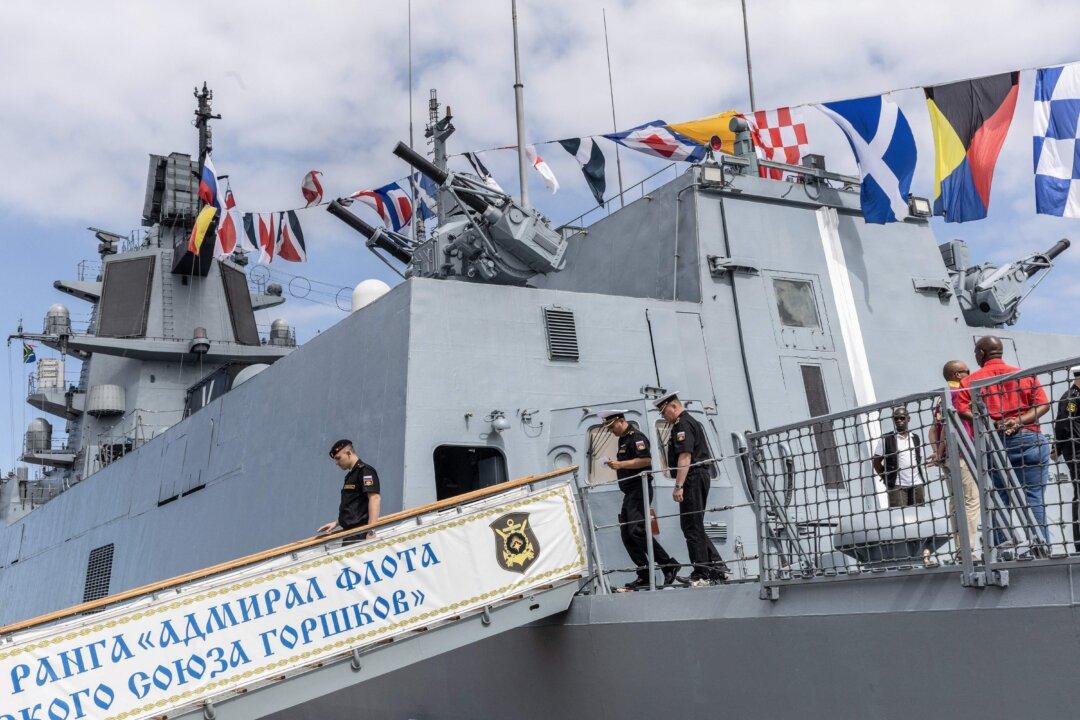JOHANNESBURG—When officials from South Africa’s governing African National Congress (ANC) return from missions to foreign countries, there’s usually great fanfare, with press conferences at which officials are keen to take credit for political and economic gains.
That wasn’t the case when President Cyril Ramaphosa’s special envoys to the United States returned from Washington last week. In fact, the delegation, led by the ANC leader’s security adviser, Sydney Mufamadi, slipped quietly into Johannesburg without a word.





